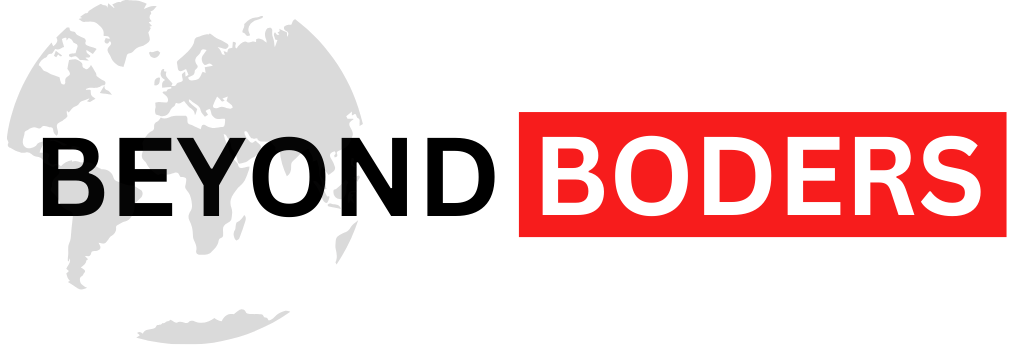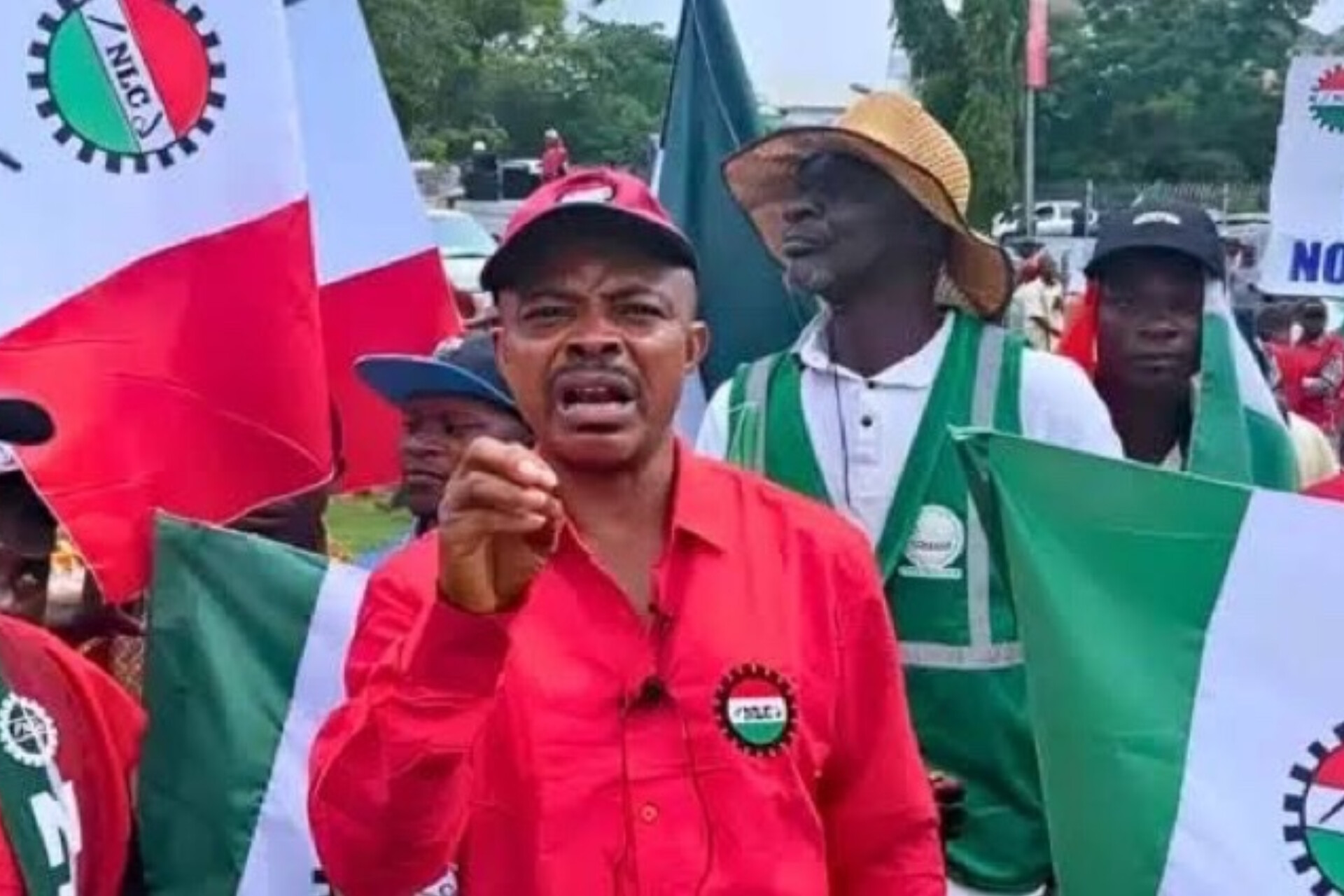The Federal Government and state governors are at odds over the new minimum wage proposal, with the Federal Government aiming for N62,000, while governors suggest N57,000.
This disagreement has created tension, particularly involving the private sector, as learned by Beyond Boders.
Sources reveal that the Federal Government is willing to accept N65,000, but governors and private businesses argue that anything above N57,000 is unsustainable.
Governors believe higher wages would leave little for development projects, straining state budgets.
The Nigeria Labour Congress (NLC) and the Trade Union Congress (TUC) have rejected the Federal Government’s N60,000 offer, initially demanding N615,000 but later reducing it to N494,000. Negotiations have been tough, with no agreement yet.
The current minimum wage of N30,000, established in 2019, is deemed insufficient by labour unions, leading to a brief nationwide strike. Workers lament that even this wage is not being paid by all governors.
During a recent meeting, President Bola Tinubu expressed commitment to a higher minimum wage.
Despite this, state governors and private sector representatives have argued that such a move is not feasible without proper consultations and consideration of financial realities.
Documents from the Nigeria Governor’s Forum indicate states’ financial struggles, reinforcing their stance on the N57,000 proposal.
The debate continues as all parties seek a sustainable solution. “The economy of the workers is totally destroyed. In fact, the workers don’t have any economy. I think there are two economies in the country— the economy of the bourgeoisie and the economy of the workers. I think we have to harmonise this so that we can have a meeting point,” said NLC President Joe Ajaero.




